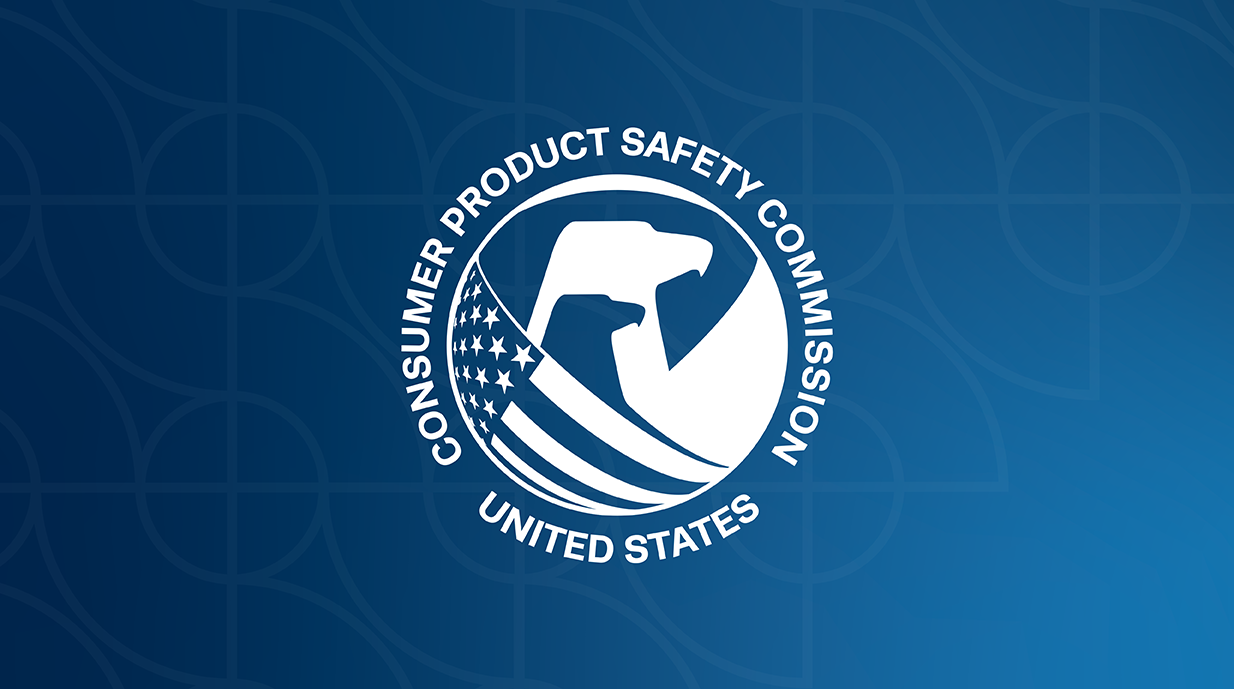andrescastillo08
Member
- Location
- Florida
- Occupation
- Apprentice
When is the latest/safest pool electric code in Florida?
I am basing my home-buying decision based on the year the pool was built.
I am concerned that the pool is built to the highest electrical safety standards.
I imagine my criteria indicates I might be interested in a house with a pool built 2018 or later, since the 2017 National Electrical Code started being enforced, as per this article:
Or maybe a 2017 house would be ok?
Other resources I have referenced:
I am basing my home-buying decision based on the year the pool was built.
I am concerned that the pool is built to the highest electrical safety standards.
I imagine my criteria indicates I might be interested in a house with a pool built 2018 or later, since the 2017 National Electrical Code started being enforced, as per this article:
Or maybe a 2017 house would be ok?
Other resources I have referenced:


